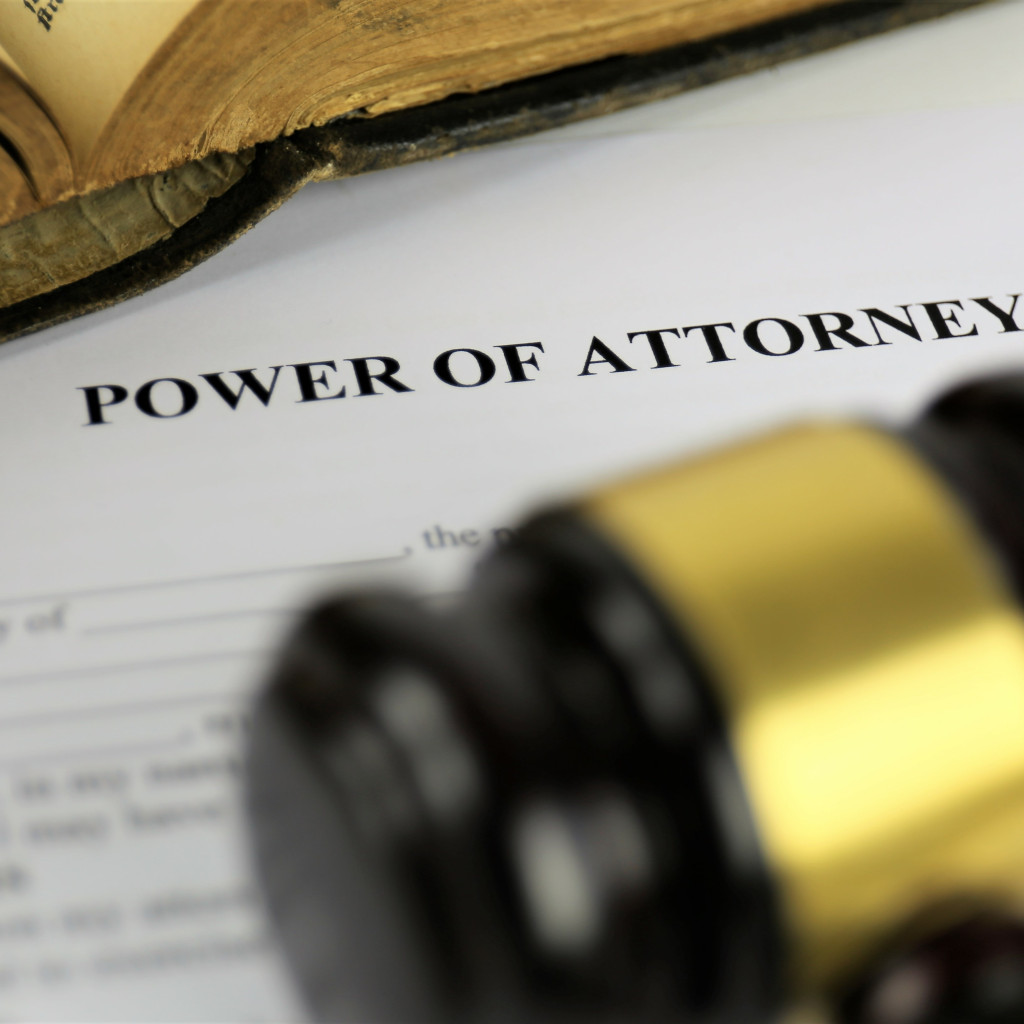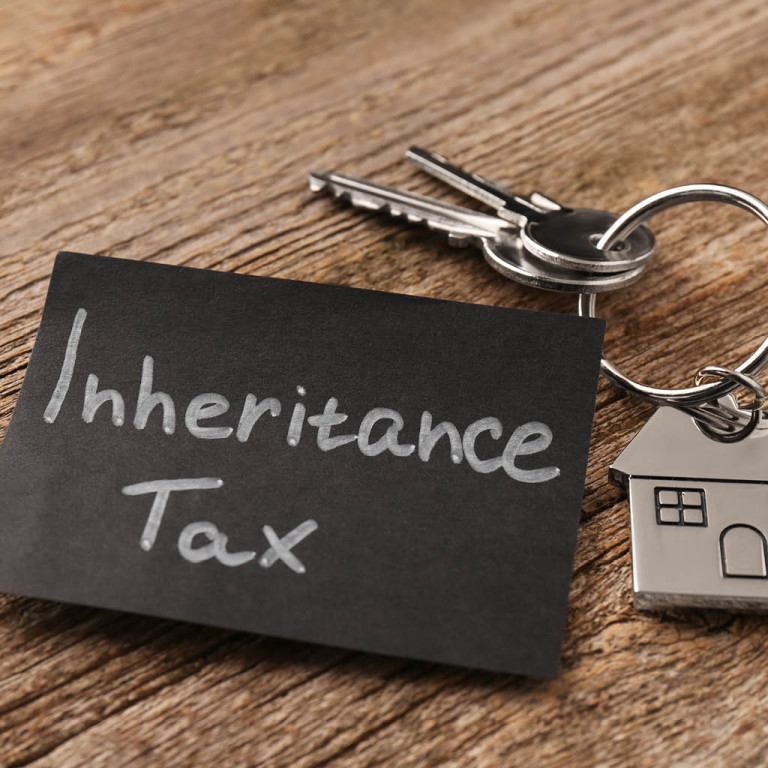Lasting Powers of Attorney (LPAs) allow you to appoint people to manage your affairs, should you need some help or become unable to manage your affairs yourself. There are two different types of LPA: one for property and financial decisions and one for health and welfare decisions. In order to be used, the LPAs must be signed by the person making the LPA (the donor) and their attorneys. The documents must then be registered with the Office of the Public Guardian in order to become valid and the whole process can take several months.
When assisting with LPAs, we are often asked whether it is possible to make changes to the documents once they have been signed and registered. Many people assume that it would be straightforward to, for instance, appoint additional attorneys at a later date.
Why changing an LPA is not straightforward
Unfortunately, changing an LPA is not straightforward, as the Office of the Public Guardian follows strict restrictions and the options are very limited once an LPA has been signed. It is therefore important that once the donor has signed the documents, no amendments are made as this could affect whether the document will be accepted for registration. Similarly, if the LPAs have already been registered and an amendment is then made to the documents, this could affect their validity and the attorneys may not be able to use them. In either case, it is likely that new LPAs would need to be applied for.
How to appoint or remove an attorney from an LPA?
If, once the LPAs have been registered, a new attorney needs to be appointed, a new LPA would be needed and the old LPA should be cancelled. Similarly, if the donor wishes to add extra instructions in the document, a new LPA would be required. Essentially, any changes to the document would require a new LPA with the exception of the removal of an attorney, below.
It is possible to remove an attorney from an LPA after the document has been signed and registered, using a ‘Partial Deed of Revocation’. This document allows the donor to remove a specific person, for instance if you no longer wish them to act. It is also possible for attorneys to be removed automatically by the OPG if the attorney has died or become incapable themselves, and an attorney can also choose to step down if they no longer feel able or suited to the role.
Why should you include replacement attorneys in your LPA?
It is important to consider, when making LPAs, whether to include replacement attorneys. We routinely recommend this as, if you only appoint one attorney, there is a risk that they may need to be removed and then leave you in a vulnerable position. If you are left without an attorney but still need help with your affairs, a deputyship application may be required and this is a more complex and costly matter involving the Court of Protection. It is therefore always a good idea to consider appointing replacement attorneys who could step in should anything happen to your main attorneys.
How to update your personal details with the Office of the Public Guardian?
It is possible to update changes of names and addresses with the Office of the Public Guardian once the LPAs have been registered, for example if the donor or attorney moves home or marries. The donor would need to write to the Office of the Public Guardian to let them know of the relevant change, so that they can update their records. For a change of name, a copy marriage certificate or deed poll will usually be required as supporting evidence.
The potential complexity of LPAs is often overlooked and it is important to make sure that all options are considered from the outset.
How can Tozers help?
Tozers can provide valuable assistance in navigating the complexities of LPAs. Our experienced team understands the importance of keeping your information up to date with the Office of the Public Guardian. Contact our team today to find out more.




